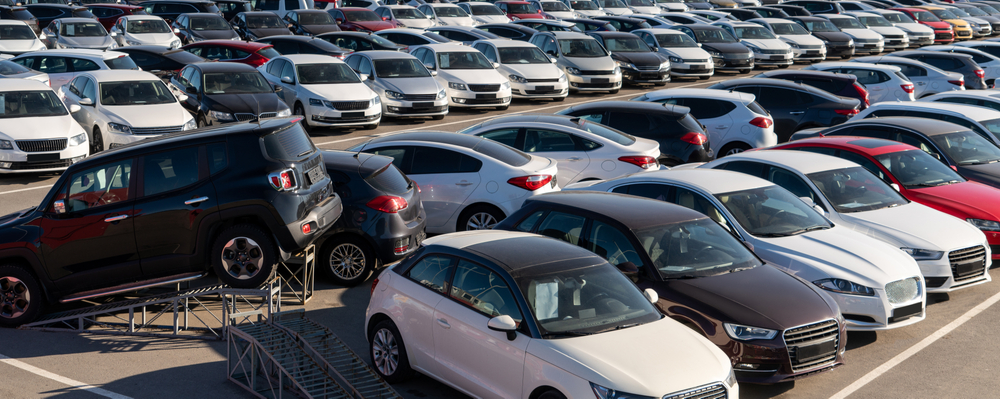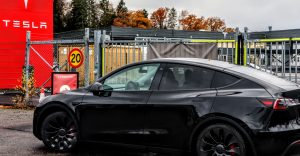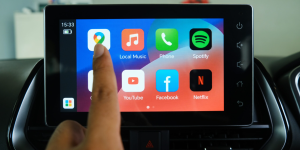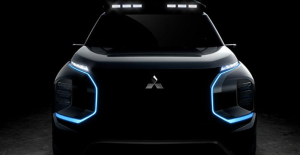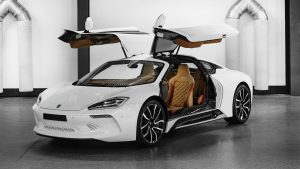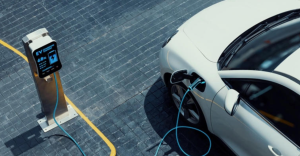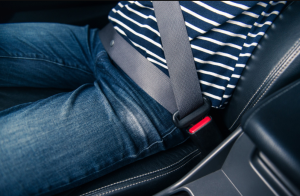10 Chinese Cars That Look Strikingly Familiar
Others are reading now
Imitation has long been a part of automotive history, with many manufacturers drawing inspiration from competitors.
However, some Chinese automakers have taken “inspiration” to an extreme—producing vehicles that closely resemble well-known Western models.
While China’s car industry has advanced rapidly in recent years, traces of blatant copying remain.
Cars That Look Too Familiar
From luxury SUVs to compact city cars, multiple Chinese brands have been accused of replicating Western designs.
Also read
As reported by Autokult, some of the most striking examples include:
-
Landwind X7 – A near-clone of the Range Rover Evoque, complete with an option to swap in Range Rover badges for an even closer resemblance.
-
Zotye SR9 – Almost indistinguishable from the Porsche Macan but with a manual transmission and a 190-horsepower Mitsubishi engine.
-
Weikerui V7 – A budget-friendly electric vehicle that looks like a Volkswagen Up but with only 10 horsepower and a top speed of 40 km/h.
-
BAIC BJ80 – A boxy off-roader that bears a strong resemblance to the Mercedes G-Class and is even used by military forces in China and Nigeria.
Copying or Evolution?
While many of these models are obvious replicas, China’s auto industry is evolving. Brands like BYD and Nio are now producing innovative electric vehicles that compete globally.
Still, as long as there’s demand for affordable “lookalikes,” some manufacturers will continue to blur the line between inspiration and imitation.

